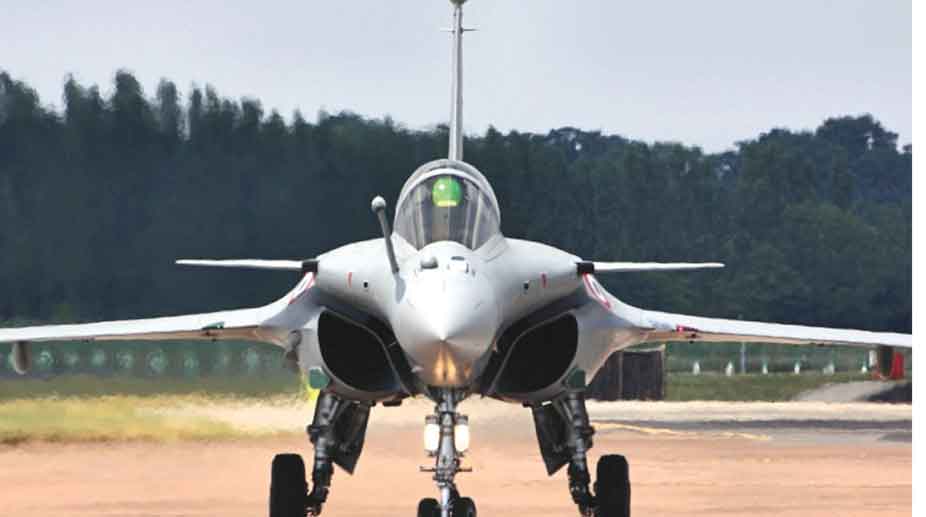Thin is the line differentiating between what is dextrous and what is devious, and the defence ministry tottered on that divide when dealing with a “difficult” question on budgetary provisions in the Rajya Sabha a couple of days back. It did not directly challenge the contention of the parliamentary standing committee that as a percentage of GDP the outlays were declining ~ instead, it argued that in absolute terms the provisions were increasing. Clearly the intention was to avoid direct confrontation since the standing committee is headed by a BJP veteran and former chief minister of Uttarakhand, Maj.Gen BC Khanduri (retd.) The issue of low spending embarrasses the government since it makes much of the armed services and its commitment to their welfare.
Carefully avoiding getting involved in figures, the government response to a written question in the Rajya Sabha “ducked” the committee’s criticism that the outlay in the last budget was, as a percentage of GDP, the lowest since 1962 ~ a shade over 1.5 per cent. Most defence experts recommend a minimum of 2.5 or three per cent. This would be one of the few occasions that the government has spoken in “absolute” terms. The committee had actually “covered” itself by also pointing out how the allocations fell short of what the forces had sought.
Advertisement
The committee noted that the Army, Navy and Air Force had, respectively, got 60, 67 and 54 per cent of the funding they had sought for modernisation and re-equipment and expressed its concern over the “adverse and cascading effect that the deficiency of funds would have on operational preparedness.” Criticising the manner in which the MoD went about spending the sums allocated, the committee observed that “under-utilisation of funds highlights the loopholes in the planning and budgetary exercise. Also persistent failure to utilise allocated funds has contributed to the reduction in allocations by the finance ministry.”
The committee came down heavily on the failure to address the decline in the squadron strength of the IAF’s combat fleet and was not inclined to accept the populist line that the Rafale acquisition would ease the situation. Similarly the submarine strength of the Navy was down to worrisome levels despite the recent commissioning of the INS Kalvari. It also lamented the shortage of advanced helicopters embarked upon warships and said, “it is disheartening to find out that repeated delays have become an inherent part and parcel of ship-building projects”.
The committee and Gen Khanduri will merit much appreciation from the uniformed community for not allowing jingoistic politics to influence its assessment of defence funding. They have clearly tasked Mrs Nirmala Sitharaman with shaking the bureaucracy out of its lethargy, and simultaneously re-emphasised the value of the standing committees when they rise above partisan politics. ‘Shabaash General Sahib’.











